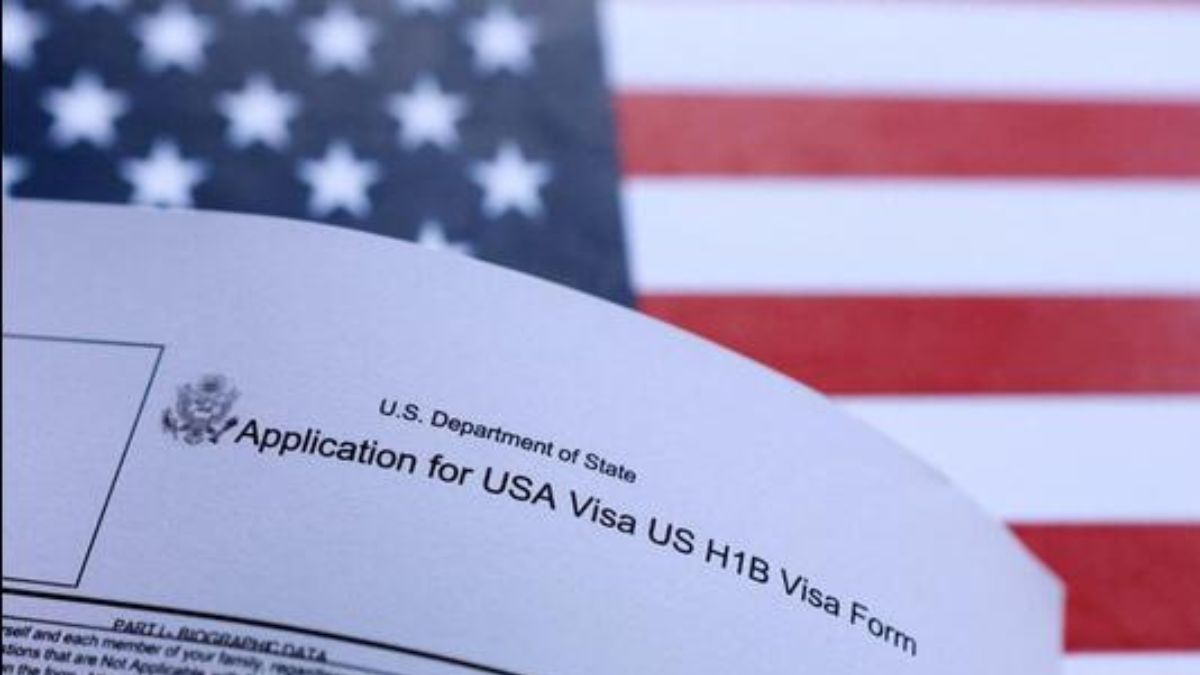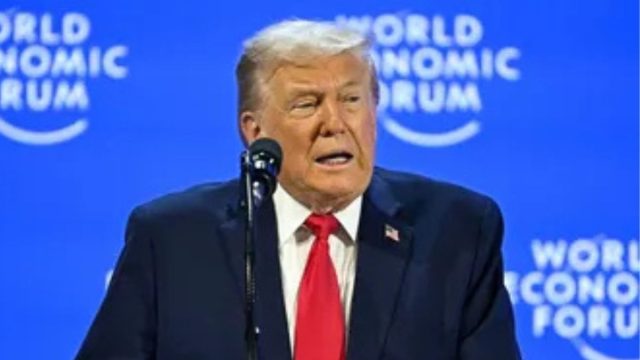A significant corporate challenge to the president’s immigration crackdown was launched on Thursday when America’s top business lobbying group filed a lawsuit against the Trump administration over its $100,000 H-1B visa cost. In federal court, the US Chamber of Commerce contended that President Donald Trump had violated the law by enforcing the fee, which it claims overrides congressional immigration law and renders it prohibitively expensive for the majority of American businesses to hire talented foreign workers.
In a statement, Neil Bradley, executive vice president of the Chamber, said, “The new $100,000 visa fee will make it cost-prohibitive for US employers, especially start-ups and small and midsize businesses, to use the H-1B program, which was created by Congress expressly to ensure that American businesses of all sizes can access the global talent they need to grow their operations here in the US.” An injunction to prevent the fee from going into force is sought in the complaint, which was filed in federal court in Washington, DC. The State and Homeland Security departments are named as defendants.
The legal lawsuit is part of a growing backlash against Trump’s immigration policy from corporate America. When the price was revealed in September, the Chamber polled members about joining possible litigation, but most firms said nothing. Since its members “count H-1B visa holders among their valued employees, and plan to continue sponsoring future hires for visas through the H-1B process, including in the next annual H-1B visa lottery,” the Chamber ultimately filed the lawsuit alone, alleging legal standing.
The earlier case raised the question of whether presidents can legally amend visa filing requirements or if Congress must approve such changes under the Immigration and Nationality Act. This decision will determine the extent to which administrations can alter visa programs without the consent of Congress. The primary issue raised by the lawsuits, according to immigration lawyers, is whether the White House has the authority to put broad restrictions on the H-1B program without the consent of Congress.
The wider ramifications, however, go far beyond the courtroom. US firms in STEM and IT industries continue to rely heavily on the H-1B program. Additionally, a significant portion of H-1B workers, especially those from India, are employed in STEM and technology sectors, where US companies continue to express a high need for specialist talents, according to Nicole Gurnara, principal immigration lawyer at Manifest Law. “But in the long run, a decision will probably make clear how stable and predictable the program can be, which is very important to employers who depend on the contributions of Indian workers and other H-1B professionals who have established themselves in the United States,” Gurnara continued.




